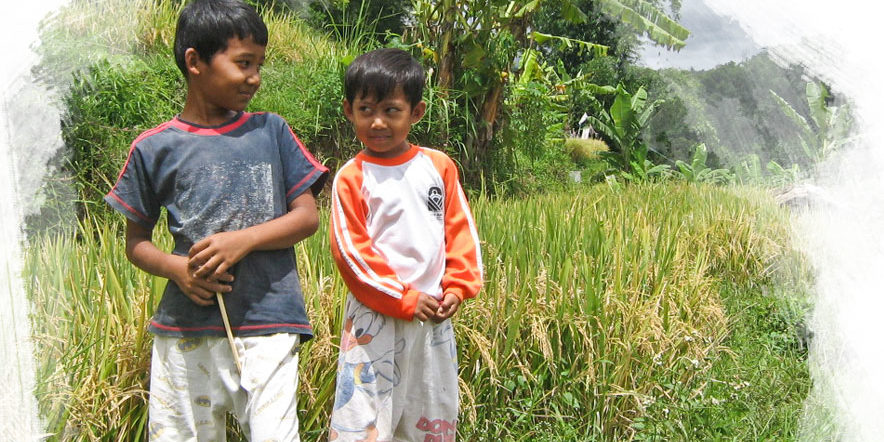Two Loom staff members recently returned from an international conference of leaders with many incredible stories to share. There were 100 nationalities in attendance and more than 150 mother-tongues spoken. They heard stories of leaders rising up from nations like Mongolia, Papua New Guinea, and Ethiopia to change the future of their nation.
One powerful story highlighted the long-term impact of family preservation in the midst of crisis. During the 1980s, thousands of refugees came to Thailand from the Cambodian “killing fields” and met leaders working in the bamboo-hut refugee camps. Yvonne Dos Santos, who now works for Loom, was working among Indo-Chinese refugees during this time teaching English.
“Fear, violence, death and destruction were part of life for so many who fled Cambodia.” she recalled. “In the early days children in the Khao-I-Dang Camp would draw pictures depicting the violence that so many families had experienced during the Pol Pot regime. Families also lost members due to the destruction caused by landmines as they made their way to the border Thai/Cambodian border.”
During this time, one boy lived in these camps with his mother and several siblings. After the communist regime was defeated, his mother took her children back to Cambodia, but could not find work. The children collected plastic bottles to recycle to survive. Out of desperation, his mother eventually concluded that she would have to find someone else to care for them. She called many orphanages but couldn’t find anyone that could take them. Finally, she called the last organization on her list- a community house. They also said, “No we can’t take your children.” But they went on to explain the importance of family and said, “We will take you all.”
Years later, this young boy has grown up to be one of the national leaders of this organization in Cambodia. He shared the impact it had on his life to be able to stay with his family through all they went through. The power of family preservation to help children navigate incredibly traumatic events was clearly evident in his story.
This is why we fight for the well-being of children and families – because we realize that in order for communities to thrive, strong and healthy families must flourish. By addressing the needs of vulnerable families without requiring them to be separated, we strengthen entire communities for generations to come.








